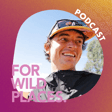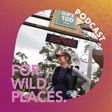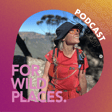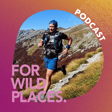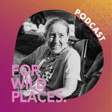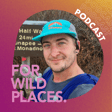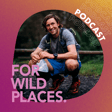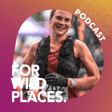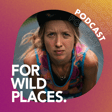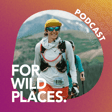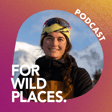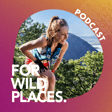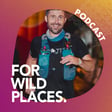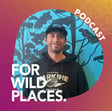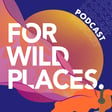Speaker
the lakes and the views. And then after a while I realized that I'd have hiked all the trails and I started jogging them to kind of get further. And I went, you know, I'm pretty fit. I can just, you know, he's 20 kilometers. I don't think I can walk it in four hours, but I'm sure as hell run it. And that's how I fell into it. And I didn't know that it was an actual thing. And I got back to Sydney six months later and talked to a few of my running mates and and they were kind of catching onto it too and found there was a whole community and and started running with some more seasoned people and now is it hook, line and sinker. Mine was a very familiar story in that, yeah, I was a hiker and then was like, Oh yeah, actually I think we did Oxfam and started to realize that, you know, you you can, if you put your mind to it, you can cover 50K in a day. But then all of a sudden I was like, well, if you run, you can, it just yeah opens up a whole new world in terms of accessing faraway places. And and I guess fast packing is good in between in that you can get the best of both worlds, but then also camp because that's one thing I miss about trail running is you often do it in a day and then you end up at a home or somewhere at night, but you don't have those nights where you are just on the side of a mountain somewhere with but another person or sign of humans in sight. Yeah. Had either of you done fast packing before you set your sights on the AAWT? I had done Lara Pinter because I was on my gap here last year, kind of living in a van. And it was the exact same thing, but I was looking at these awesome long trails going, I can't run 230Ks in one day. And what am I going to, you know, what am I going to do for water? And, you know, and the bag was getting increasingly heavy. And then I'm putting in overnight stuff just in case. And then I didn't know fast packing was if I kind of discovered it out of necessity. And so I did Lara Pinter in a couple of days and then, um,

